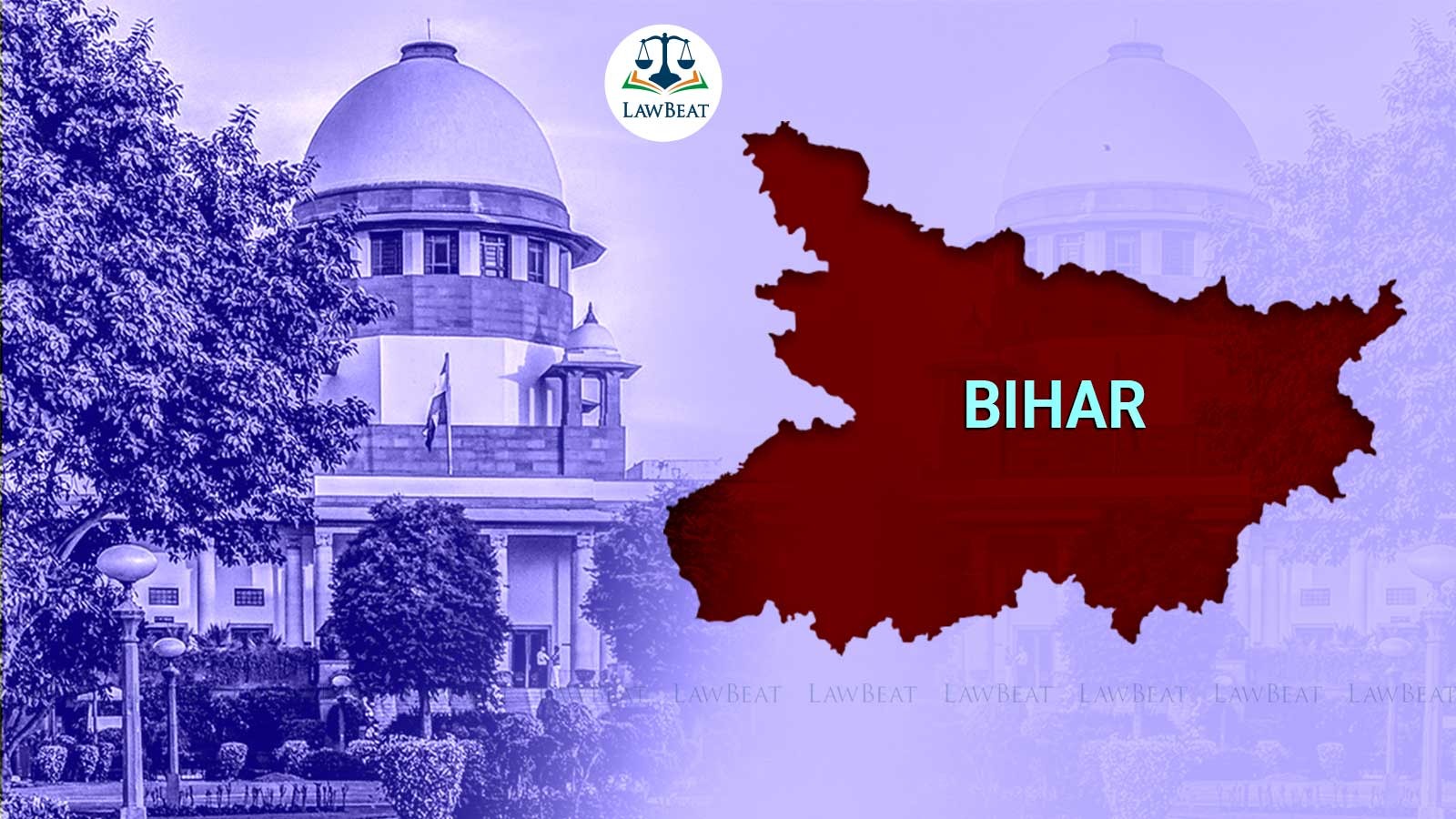Supreme Court refuses to stay High Court's order quashing Bihar's laws on reservation hike

In the impugned decision, the High Court has said the State should introspect on the reservation percentage within the 50 per cent limit, and think about excluding the ‘creamy layer’
A CJI DY Chandrachud led bench of the Supreme Court of India today has refused to stay the Patna High Court's decision to strike down Bihar government's law to increase reservation quotas from 50% to 65% for Backward Classes, Extremely Backward Classes, Scheduled Castes, and Scheduled Tribes in public employment and educational institutions.
The bench also comprising Justices JB Pardiwala and Manoj Misra has granted leave and listed the petition for final hearing in Septemeber.
Senior Advocate Shyam Divan, appearing for the state of Bihar, requested the bench to stay the impugned judgment to which the CJI showed his disinclination.
Filed through Advocate Manish Kumar, the state's plea argues that it had conducted a comprehensive Caste Survey Report on the socio-economic and educational conditions of the entire population before deciding to increase the reservation quota.
It has been further submitted that the hike was brought about after adhering to previous Supreme Court decisions.
The High Court's division bench consisting of Chief Justice K Vinod Chandran and Justice Harish Kumar had, on June 20th held the Bihar Reservation of Vacancies in Posts and Services (for Scheduled Caste, Scheduled Tribes and Other Backward Classes) Amendment Act, 2023 and The Bihar (In admission in Educational Institutions) Reservation (Amendment) Act, 2023 to be ultra vires of the Indian Constitution.
In said decision, the high court made it clear that "no extenuating circumstance enabling the state to breach" the 50-per cent cap on reservations laid down by the Supreme Court in the Indra Sawhney case were found.
"The state proceeded on the mere proportion of population of different categories as against their numerical representation in government services and educational institutions," the division bench added.
